Why Every Home Needs a Victory Garden
Victory gardens are an old fashioned idea, and this is an old-fashioned kind of post. If you can remember your grandparents gardening, I want you to feel nostalgic. I want you to feel the sun on your face, hear your grandmother’s voice, and remember the metallic taste of drinking water straight from the hose.
Who among us doesn’t have memories of a grandparent in the garden when you were young? I had two grandfathers who gardened. My paternal grandfather had a very large garden and an orchard that went with it. He wore an old straw hat and worked in his garden each day after work and on the weekends. (We lived next-door until I was eight, so I had a front row seat to this show.) He brought us an abundance of funny-looking vegetables that looked nothing like what we bought at the grocery store, placing his offerings proudly on our porch in brown paper sacks.
My maternal grandfather was different. He planted a garden at the top of a hill in their backyard, and I’m pretty sure he went there to introvert and chain smoke. (Incidentally, cigarette ash is thought to repel squash bugs, so maybe there was some benefit to this behavior.) This grandpa grew cucumbers, tomatoes, green beans and corn.
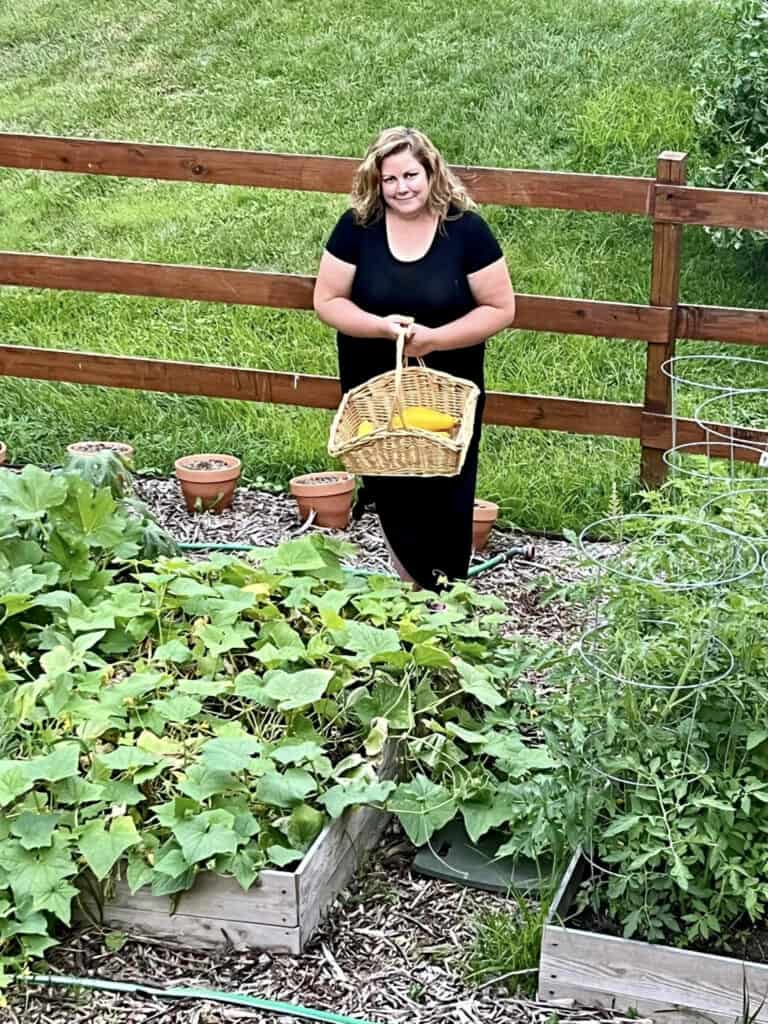
What Happened to Generational Gardening?
If so many of us grew up watching our grandparents garden, what happened to this tradition? In a world scrambling to do the “green” thing, why haven’t we brought back something as simple and effective as growing our own food?
In a word, convenience. We have traded independence and control for easy comfort. As shipping efficiencies have become more developed, our world has grown smaller. Grocery stores that used to carry one or two types of an item now have dozens of choices. Thirty minute meals and takeout have replaced slow living and self-sufficiency. As a society, we have consciously made the decision to turn our backs on learning the skills our ancestors had in favor of letting others do for us what we could be doing ourselves. Every single one of us can grow something! You can find more of my gardening ideas here and here.
What is a Victory Garden?
During World War II, American citizens were encouraged to grow their own backyard victory gardens in order to take pressure off of resources that could be reallocated to other needs. From 1943-1945, Americans came together to help each other produce their own food anywhere they could. Public gardens became a way for communities to unite to grow food together. In 1945 it is thought that almost half of America’s produce was grown in victory gardens. Today we grow far less than 1% of our own food. Why should we go back to this practice?
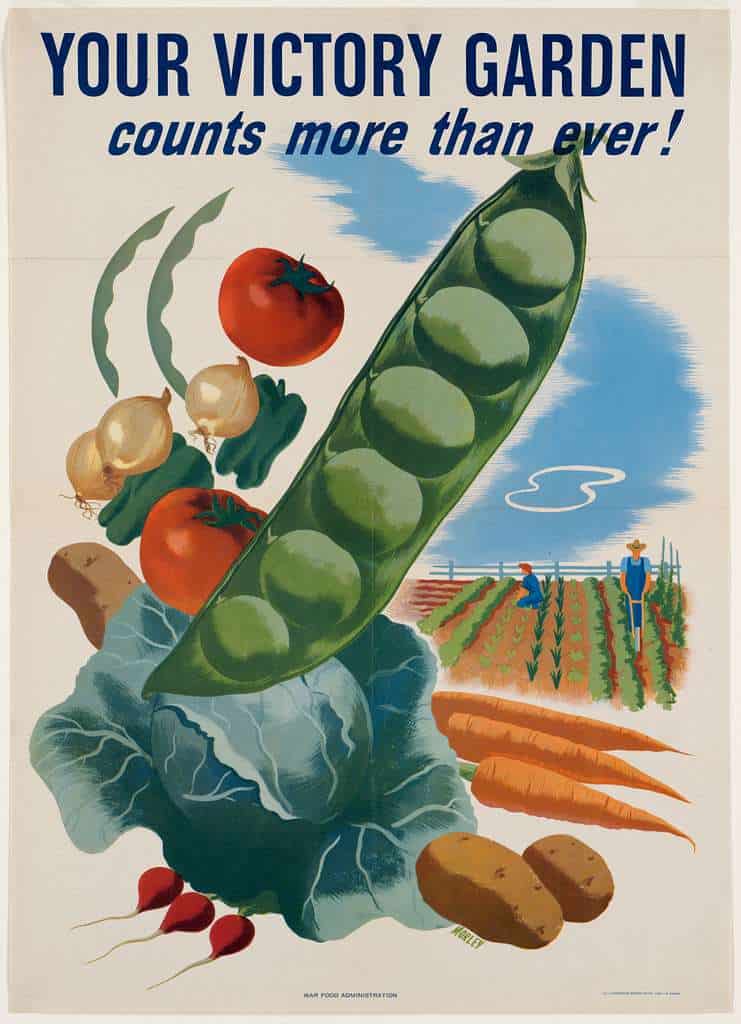
A Victory Garden is Good for the Environment
If every American grew at least a small portion of their own food, imagine how many less trucks would be on the road! Since backyard gardens are smaller and easier to control than acres of a single crop, pests are more easily overcome with companion planting and organic measures. Less pesticides and herbicides could be absorbed into the earth each year. People wouldn’t have to travel further than their backyard to find all the vegetables they need for a meal.

Homegrown is Healthier than Store Bought
There’s a theory that the longer food sets on a store shelf, the less nutritious it is. Since it also has to spend time in storage and shipping, many vegetables that you buy in a store are actually somewhat aged. On top of that, most grocery store produce is sprayed with chemicals to discourage sprouting and waxed to preserve freshness. Who wants to eat chemicals and wax?
A Victory Garden Gives You Control Over Your Food
To me, the best thing about growing my own food is being able to have complete control over my produce. I choose to use only organic fertilizers and pest control methods that don’t disturb pollinators. I pick what types of organic soil I purchase. I companion plant in order to use vegetables, herbs and flowers that organically protect one another from bugs, rodents and fungus. I choose to use only non-GMO heirloom varieties of seeds. I decide what to start indoors or direct sow in my garden. My options are endless.
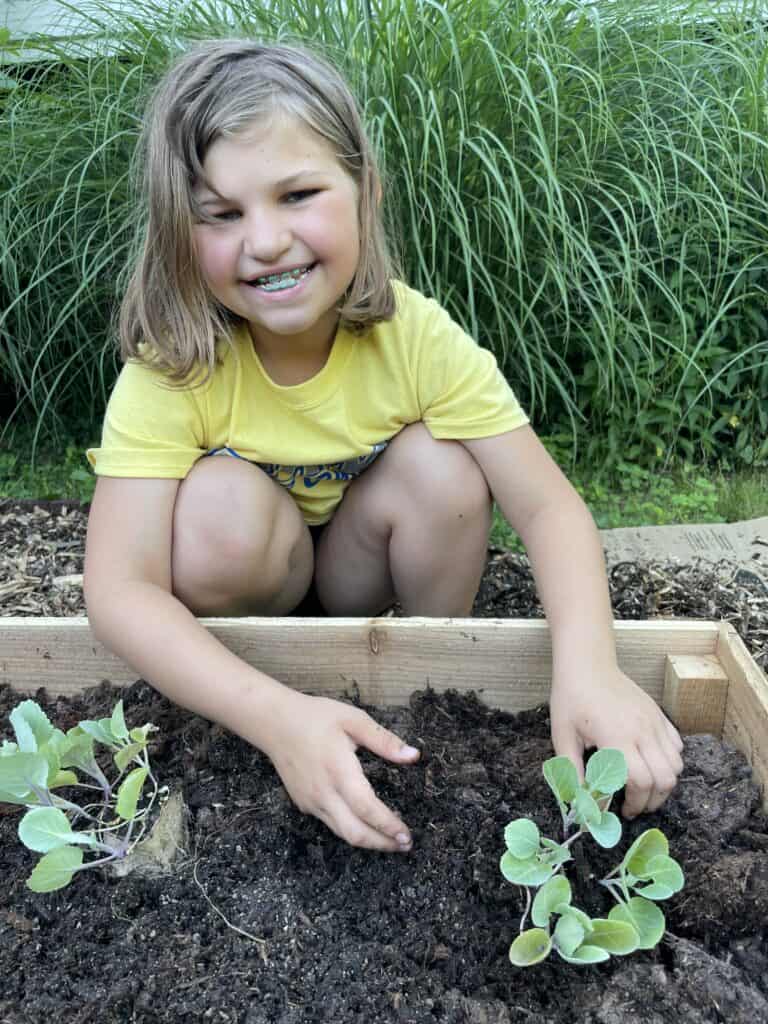
Gardening is a Rewarding Hobby
I highly recommend gardening as a therapeutic hobby. There is a specific bacteria in soil called Mycobacterium vaccae that triggers our brains to produce serotonin. Gardening literally makes you happier. Yes, gardeners have frustrating setbacks from time to time with rodents, pests, watering issues and plant diseases. But once you learn to overcome them and have the pleasure of harvesting beautiful veggies from your very own garden, it’s all worth it.
I officially love to garden. I was in my 40’s before I overcame my belief that I had a black thumb and figured out that even the best gardeners fumble a crop from time to time. I’ve had the infuriating experiences of seeds that don’t sprout, vegetables that have gotten too much or too little water, and plagues of plant terrorists disguised as cute bunnies. Despite all that, I still believe that my victory garden was one of the best things I’ve done for myself.
Our family built our victory garden last year. The entire family has helped build, plant, mulch, and haul soil. We have harvested vegetables together and enjoyed eating the fruits of our labor at meals. My husband and I are teaching our kids the art of canning, preserving and pickling what we harvest so that some day they can teach their children and grandchildren.
Do you have a garden? If so, who taught you to garden? If you have a memory of a loved one gardening when you were a child, I’d love for you to leave your stories in the comments below
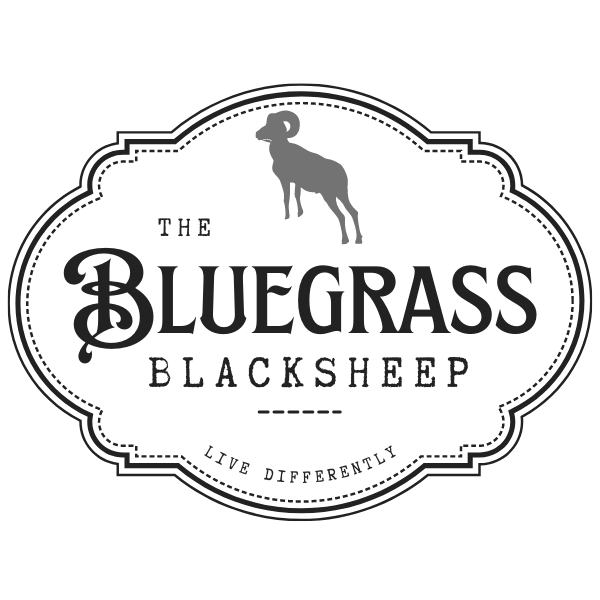
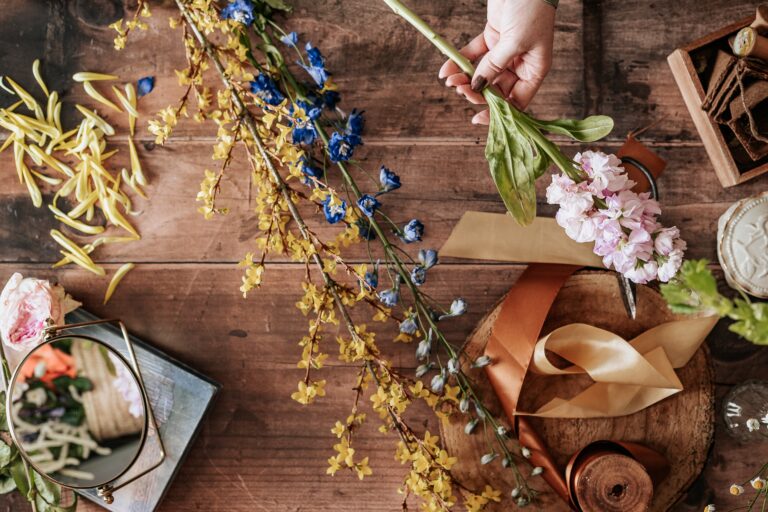

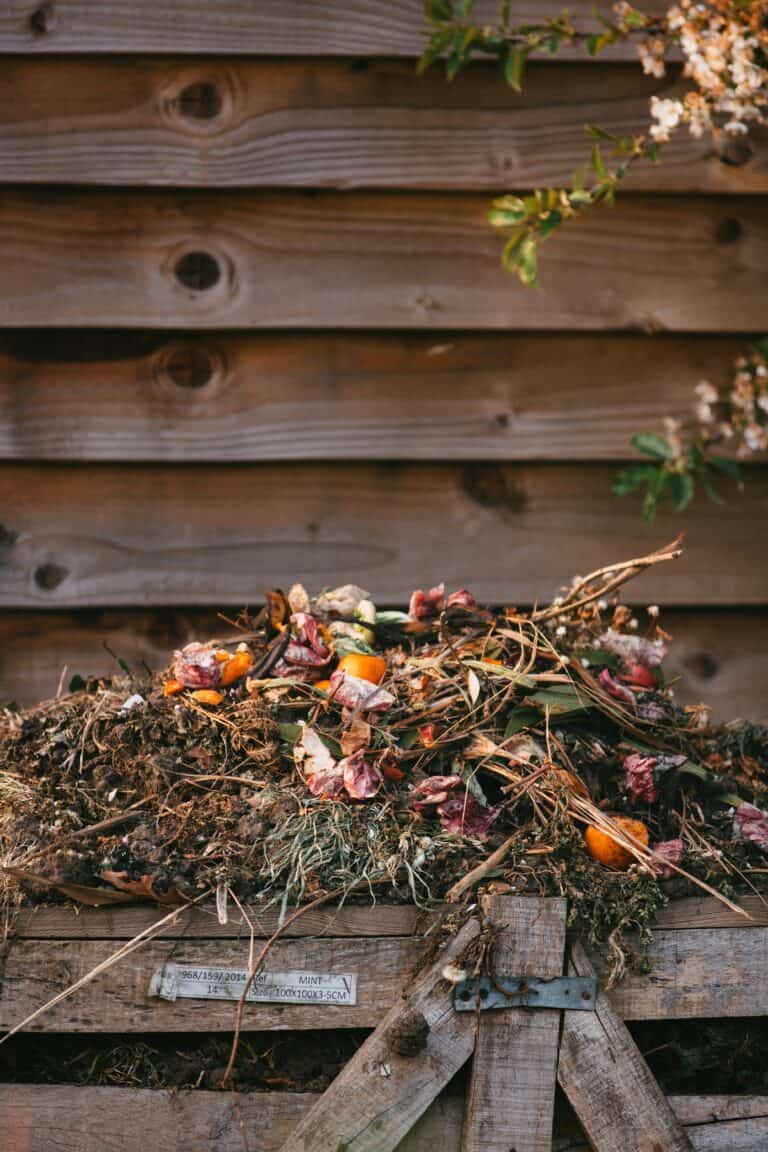
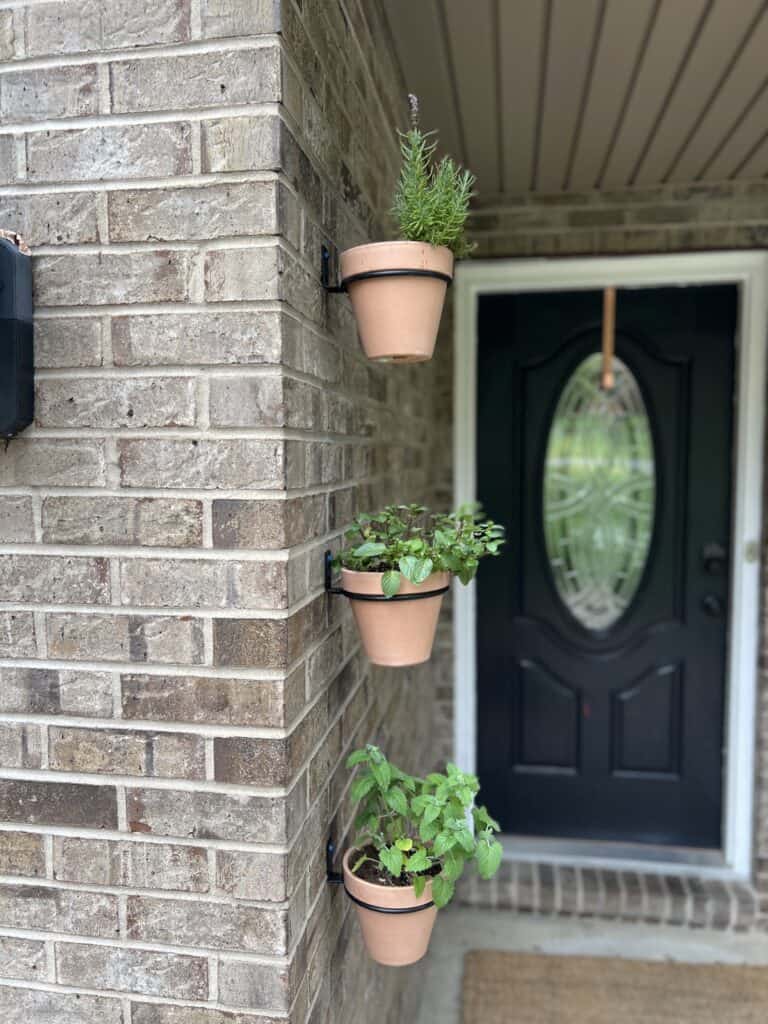
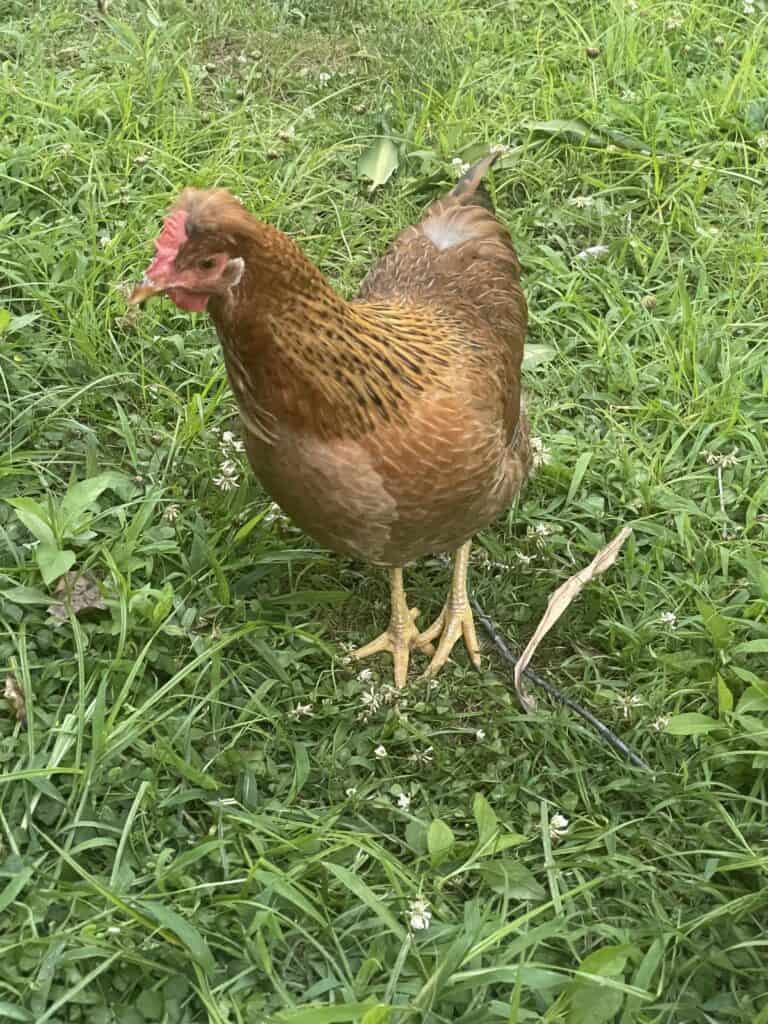
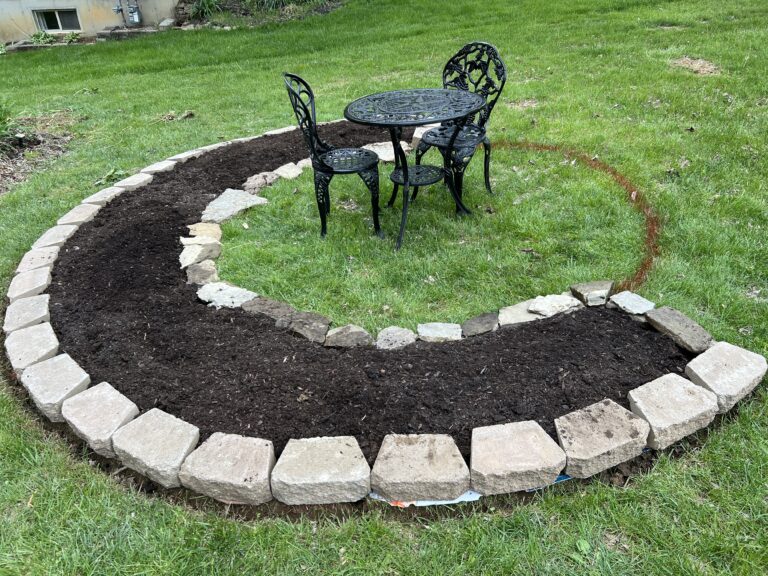
Nothing better than growing your own food!!
That’s a fact!
Really informative blog post. Really Great.